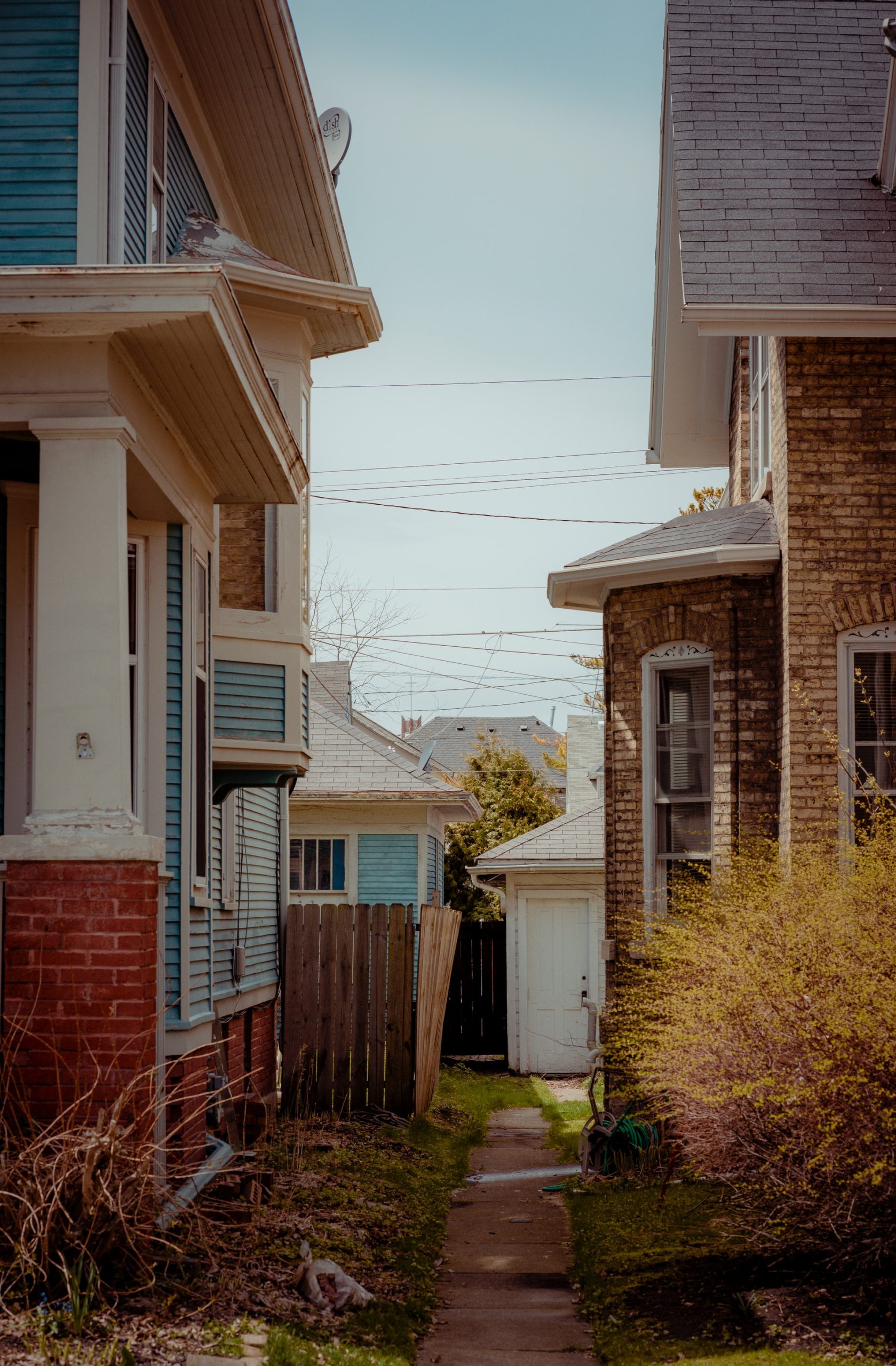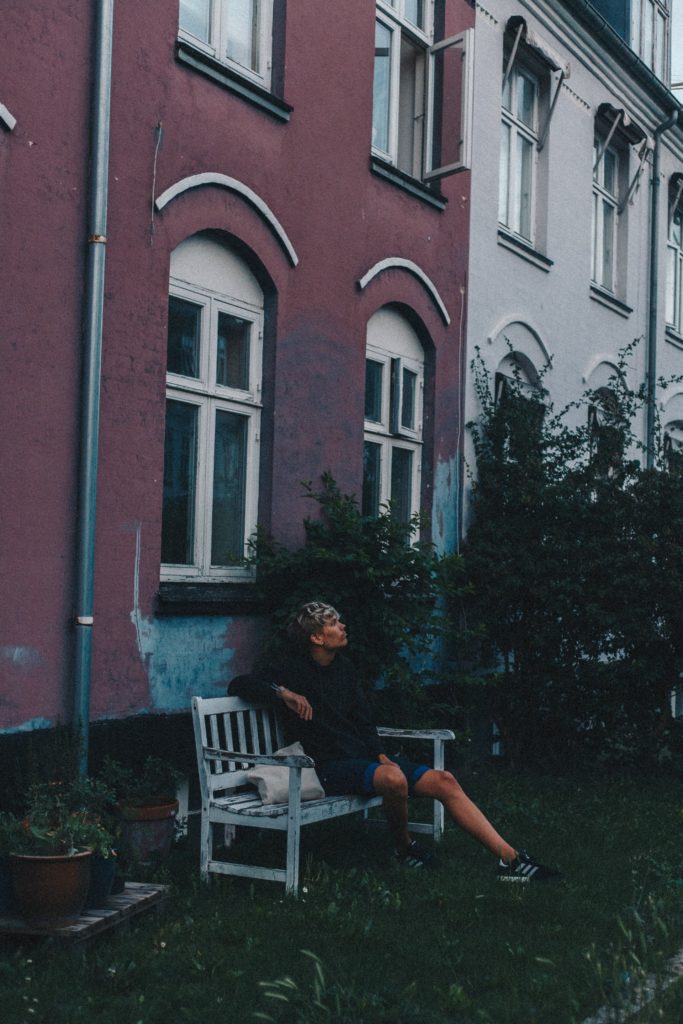In the Bay Area, California, where I currently live, the Shelter in Place order is only just being relaxed after more than 14 weeks. The four walls of my room have become the tiny world where small routines have rescued me from the distilled boredom and monotony of being on my own. Simple gestures to this space like making my bed every day, opening my windows for light and air, and rearranging stacks of books, have kept my body tuned to a positive momentum of slow and steady progress. But at times, even this space with all its variety of objects can do nothing for my stagnant mind and I must go outside.
While teaching middle schoolers online, I had a steady stream of Zoom meetings several times a week. My body responded to the sounds and faces, feeling antsy and agitated as if the invitation to interact meant I was supposed to be moving more, not less. That’s what I love about teaching—how busy-bodied kiddos bring an energy never meant to be stifled, but artfully redirected. I have referred to myself as a facilitator of organized chaos. And I miss that feeling. So, even if I had ten minutes between classes, I would often leap up and hurry outside, more often without shoes, to walk down my quiet, sunny street to warm my feet on the pavement and to feel the air cool my body.
From the confinement of my room to the street outside, the world seemed to expand tenfold the more I walked the same path again and again. Whereas my head had been hung in frustration before this time of shelter in place, driving to and from work, never noticing the immediacy of what was around me, now I was needing the immediacy to cure my frustration. From the dregs of winter naked branches, empty soil, and grey wetting clouds methodically transformed the environment around me.

Peasant Poet of Place
My wanderings have brought to mind the English poet and naturalist John Clare (1793–1864) who lived and died in a small rural village working mostly as a laborer in the fields. My studies as a graduate student introduced me to Clare and his four journeys to London and how those journeys outside of his known landscape and world altered his identity in difficult ways. As a student in England myself several years ago, I was in a way sheltered in place in a small market town outside of Bath, alone in a big house, reading and writing and staring out the window at the ever-changing English weather that bathed the green landscape of Wiltshire. So I wandered around my place, coming to know it in intimate ways. I experienced what I felt Clare had to a certain extent—the complexity of coming to be part of one’s place and then to venture out of it and feel untethered to a known reality. This is a feeling that I’ve felt work now in the reverse during this time of quarantine. My life once was spread out as I ventured from place to place, however far, and I felt untethered, like I was skimming the surface. Now that the exposure to people and places has stopped, I am re-examining how my self is more clearly formed by only my immediate surroundings and interactions.
Learning about Clare’s life and experience, this “peasant poet” as he was sometimes referred to, came from poverty and illiteracy. His sheer will to learn and his love of books engaged his mind to attend school and continue his studies later in life, unlike those laborers around him. In his poetry, I was amazed at how his curiosity and wonder at the natural world enriched his poetic reflections. I was intrigued to learn that for most of his life he lived within a twenty-mile radius from where he was born. It is such a contrast from my generation’s desire to leave home and see the wide world, constantly uprooting, as I myself have done, year after year to go someplace new. Although Clare did venture to London three, maybe four times, my scholarly work into those trips revealed that the society and lifestyle there, while alluring to a young poet seeking recognition and fame for his work, eventually lost its enticement and left him feeling confused and disconnected from his home.
Clare is most known for poems colloquially celebrating the life of a farm laborer and one connected to the land—both by poverty and necessity, but with his unique experience of feeling that even eternity could be found right outside his door. Clare composed “The world’s end” between 1822 and 1837, a poem reminiscent of early reflections from his childhood days exploring the heath by his house. He wrote:
To hunt birds’ nests on summer morns,
So far my leisure seemed to run,
I’ve paused to wonder where I’d got
And thought I’d got beyond the sun.
The very world’s end seemed as near;
Some strange bush pointed where it lay,
So back I turned for very fear
With eager hast and wonder-struck
Pursued as by a dreaded spell,
Till home—Oh, could I write a book,
I thought, what wonders I could tell!
And when again I left the town
To the world’s end I thought I’d go
And o’er the brink just peep down
To see the mighty depths below.
Whenever I read this poem, my eyes alight on the word “wonder,” how he varies it three times to exclaim at observing the minutiae of nature. That his own heath—an inconsequential feature of his home landscape—held enough wonders to encompass all the world that fascinates and excites his mind deepens my appreciation at how much life he captured in so small a space. It amazes me that I have all that and more within close proximity and yet, so often I do not find, or better said, do not seek that kind of joy in the world about my feet that he has expressed.
I think I am learning. My imagination is expanding the more closely I observe what is immediate and familiar to me. The beauty in detail of my ordinary surroundings is full of daily wonder, and to wonder is a mind at rest.
